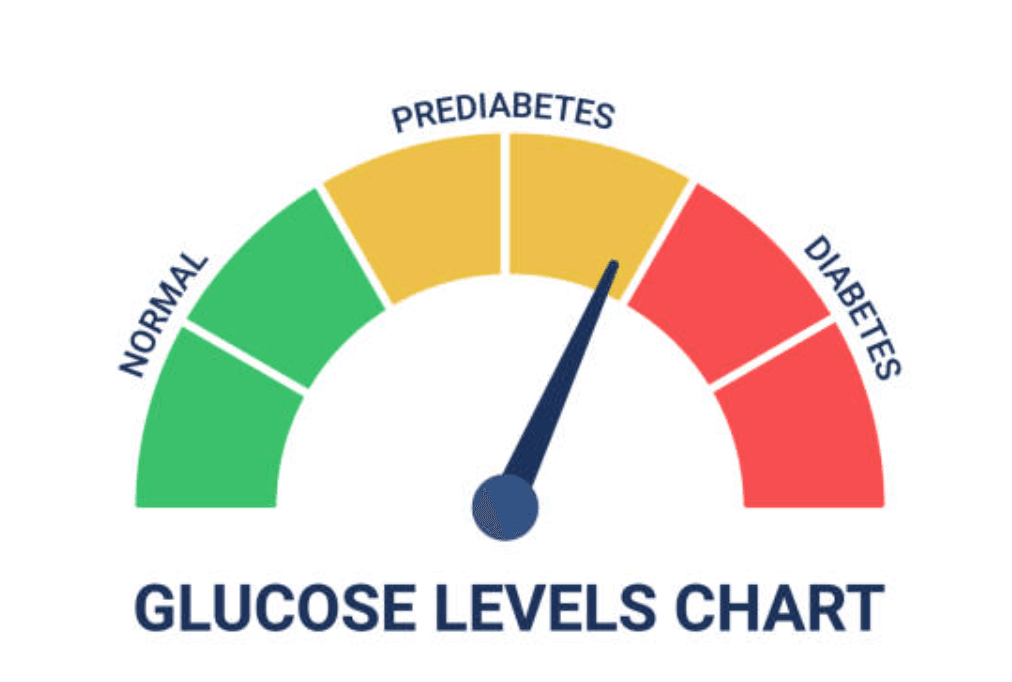7 Blood Tests Diabetics MUST Take ASAP (#7 Could Be a Lifesaver)
Living with diabetes necessitates meticulous health management, and conducting regular blood tests is fundamental. These tests equip individuals and their healthcare teams with crucial data about blood sugar levels, organ function, and potential complications.
One of the pivotal tests for managing diabetes is the hemoglobin A1C test, often known simply as the A1C test. It provides a look into your average blood sugar levels over two to three months.
Unlike daily levels that can vary due to factors like diet, exercise, or stress, the A1C offers a stable perspective on long-term blood sugar control. This test calculates the percentage of hemoglobin in the blood that is sugar-coated; higher percentages indicate elevated average blood sugars.
For many people with diabetes, a target A1C level is under 7%, as maintaining readings in this range significantly diminishes the risk of complications.
The fasting blood sugar (FBS) test, which measures blood sugar levels after an eight-hour fast, is traditionally conducted in the morning before meals.
Consistently high FBS levels over 126 milligrams per deciliter suggest poorly managed diabetes, indicating the need for adjustments in treatment to prevent complications.
People with diabetes face an increased risk of heart disease, making the lipid profile a significant test. It measures various types of circulating fats in the bloodstream, including LDL (bad cholesterol), HDL (good cholesterol), and triglycerides. High LDL can lead to cardiovascular blockages, whereas HDL is protectivem.
The serum creatinine test is critical as it indicates how well kidneys are filtering blood by measuring waste levels. Since diabetes is a leading cause of kidney disease, routine monitoring through this test is essential.
The presence of _microalbuminury_, small amounts of protein in the urine, can signify early kidney damage. This makes the urine microalbumin test vital as early detection can prevent further progression through timely interventions.
A CBC offers a broader view by measuring components such as red and white blood cells. It is crucial for detecting conditions like anemia or infections, which individuals with diabetes are more susceptible to.
Inflammation can silently contribute to diabetes complications, making the CRP test important. Higher CRP levels suggest increased inflammation, correlating with insulin resistance and heart disease risk.
According to research, elevated CRP even with normal cholesterol levels marks substantial cardiovascular risk, underscoring this test's preventive significance.
Incorporating these tests into your care routine offers light into how your body manages diabetes, steering towards proactivity. While tests like A1C are widely recognized, others like the CRP may go unnoticed yet hold immense benefit.
Working hand-in-hand with healthcare teams gives a fuller understanding and aids in carving out a healthier, better-informed existence amidst diabetes. Blood tests transcend mere numbers, guiding away from difficulty-filled futures to zones of sound health and longevity.
From Around The Web
Wellness Inbox is a blog & weekly newsletter that curates trending news and products related to health and wellness from around the web. We also gather content from various sources, including leading health professionals, and deliver it directly to you.
Please note that we may receive compensation if you purchase any products featured in our newsletter. Wellness Inbox is not affiliated with, nor does it endorse, any health professionals whose content may appear in our newsletter. The information provided is for general informational purposes only and should not be considered medical advice.
The information provided is not intended to replace professional medical advice, diagnosis, or treatment. All content, including text, graphics, images, and information available is for general informational purposes only. We do not guarantee the accuracy or completeness of any information presented and assume no liability for any errors or omissions. The content is subject to change without notice. We encourage you to verify any information with other reliable sources and consult your physician regarding any medical conditions or treatments.







